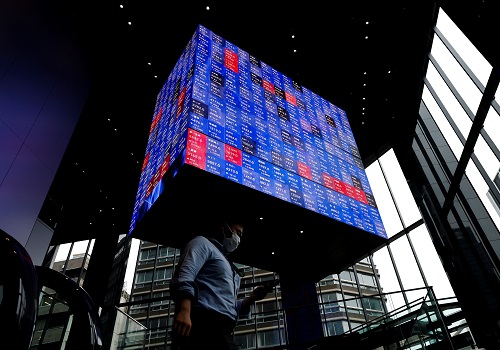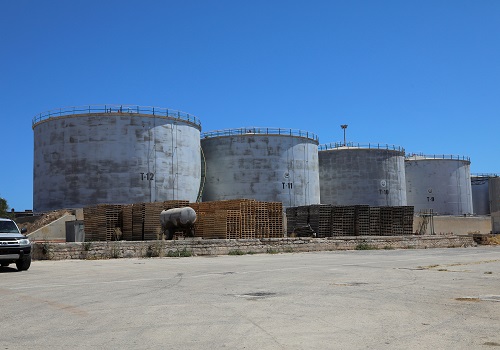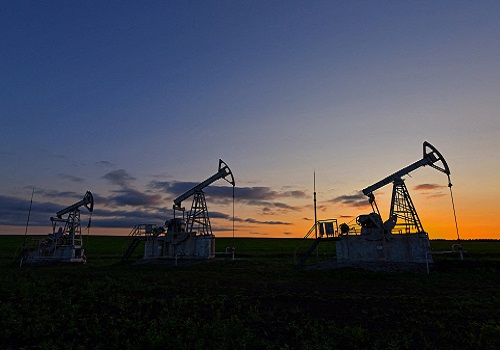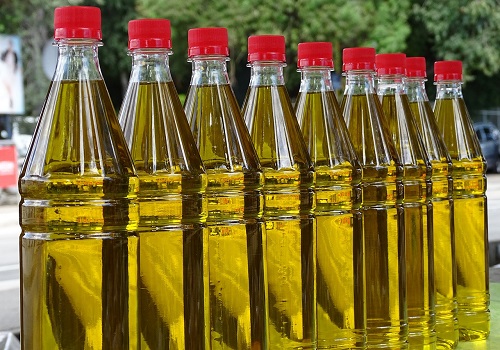Russia-Ukraine tensions keep crude elevated; negative for net importers
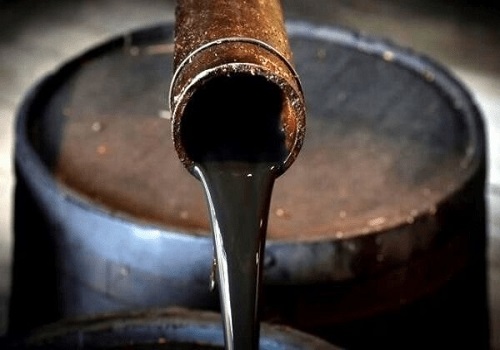
Follow us Now on Telegram ! Get daily 10 - 12 important updates on Business, Finance and Investment. Join our Telegram Channel
Tensions between Russia and Ukraine continued to keep crude oil prices on the boil.
On Wednesday, brent-indexed crude oil prices traded at $94-$95 per barrel, which is at its multi-year high.
Russia is one of the world's top producers of crude oil and any western sanctions against it will stiffen the global supply.
The ongoing crisis also assumes significance for India as it is import-dependent to fulfil its crude oil needs. The rise in crude oil prices can escalate domestic prices, thereby triggering inflation.
Crude oil prices rallied as tensions between Russia and West increased after the former ordered troops into two breakaway regions in eastern Ukraine, leading to supply concerns, brokerage house ICICI Securities said.
"Furthermore, oil prices rallied after US and EU discussed potential sanctions on Russia. EU proposed a ban on buying Russian bonds and sanctions on three Russian banks..."
That said, however, further upside in prices was capped on optimism that reviving Iran's nuclear agreement may bring more oil into the market, the brokerage firm said.
"The global price of oil and liquified natural gas (LNG) is likely to rise sharply in the event of a conflict, which will be positive for the relatively few exporters in the Asia Pacific region and negative for the substantially greater number of net energy importers," said Michael Taylor, Managing Director, Moody's Investors Service in a note.
However, a mitigating factor is that several Asian economies have long-term supply contracts in place for LNG which will limit the impact of fluctuations in the spot prices, Taylor added.
"Trade effects are likely to arise from import diversion and diversification, although there may be opportunities for commodities producers in Central Asia to increase supply to China. Supply chain bottlenecks would also be aggravated, adding to inflation pressures in the region."















